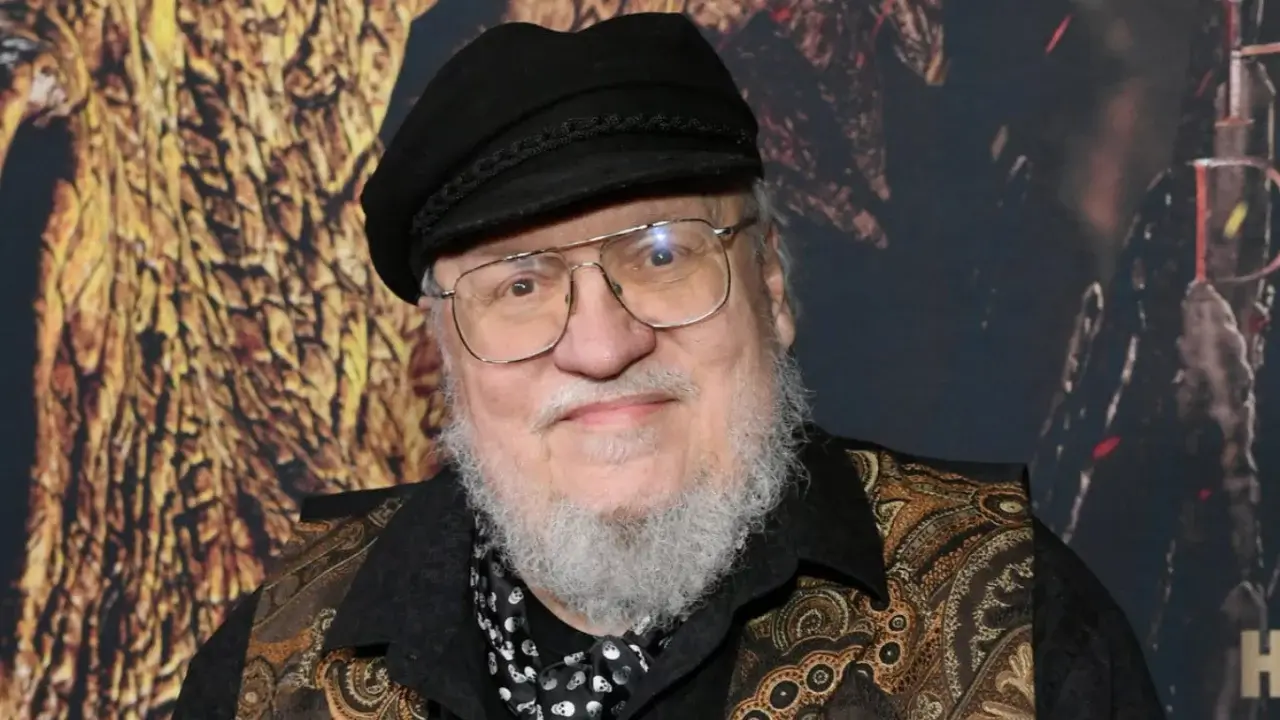George Martin sued ChatGPT for "Song of Ice and Fire"

The U.S. Federal Court ruled that the plan to continue the "Game of Thrones" created by ChatGPT, including the idea of a book based on the unfinished "Song of Ice and Fire" series, could infringe upon George R.R. Martin's copyright. This led to the promotion of a collective claim by authors opposing artificial intelligence in the literature. Business Insider reports this.
The decision was the first serious court confirmation that AI-generated content could be equated to copyright infringement if it replicated essential elements of the original. In the 18-page ruling, the judge noted: "A reasonable jury may determine that the results of the alleged offense are significantly similar to the plaintiffs' cases."
The case combined claims against OpenAI and Microsoft by a number of well-known authors: Michael Shebon, Ta-Nexisi Coates, and Sarah Silverman. The plaintiffs claimed that their books were used without permission to teach large language models, and the information obtained sometimes replicates the style and content of their works.
One of the main examples in the case was a task where lawyers asked ChatGPT to "write a detailed plan for the continuation of the "Clash of Kings," unlike the "Swordstorm." In response, ChatGPT introduced an alternate version related to new characters, including Lady Elara, the heiress of the Targariens, the Forest Children sect, and ancient magic associated with dragons. According to the court, these elements are sufficiently close to the world of the "Song of Ice and Fire," suggesting that copyright infringement may have occurred.
Representatives of OpenAI and Microsoft declined to comment. The final decision on whether the neural network may refer to "fair use" will be made at the next stage of the trial.
Read “Zamin” on Telegram!




















